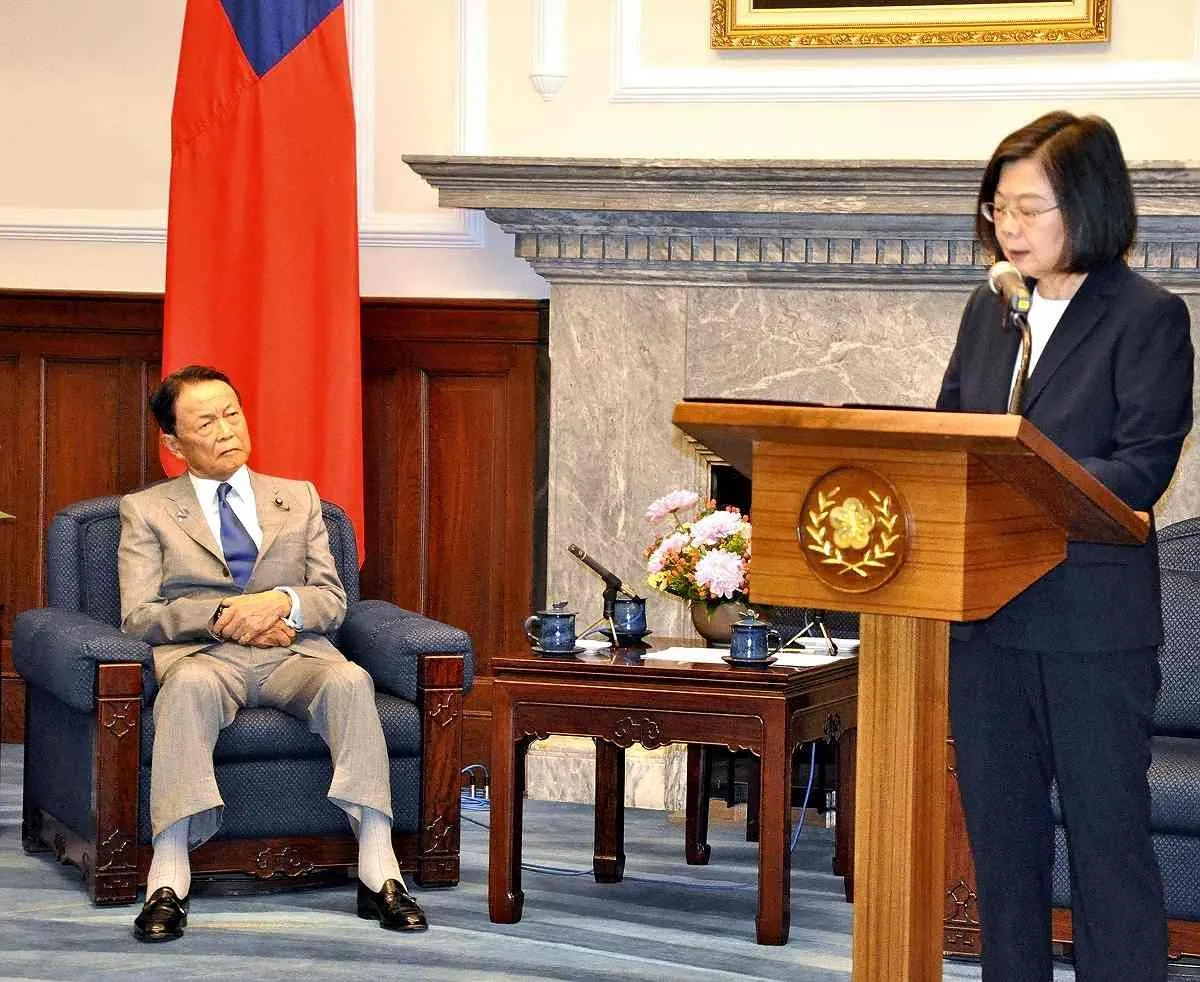In a significant political development, Shigeru Ishiba is set to assume the role of Japan's prime minister on October 1, 2024, succeeding Fumio Kishida. This transition, however, does not signal a major shift in Japan's political landscape, as the Liberal Democratic Party (LDP) continues its long-standing dominance.
The LDP, founded in 1955, has held power for an astonishing 69 out of the past 73 years, a feat unparalleled in other parliamentary democracies. This prolonged rule has raised concerns about the health of Japan's democracy and voter participation.
Japan's political system, while democratic, faces unique challenges. The country employs a mixed electoral system, combining first-past-the-post and proportional representation. The prime minister is chosen by the Diet, Japan's parliament, rather than through direct election. This system has contributed to the LDP's enduring power.
The LDP's strength lies in its ability to incorporate a wide range of ideologies, from security hawks to moderate conservatives. This flexibility has prevented the party from splintering, unlike its opposition. Yu Uchiyama, a political science professor at the University of Tokyo, notes, "They don't break apart because of their flexibility, which is their strength."
Opposition parties in Japan struggle to gain traction. The Democratic Party of Japan's brief tenure from 2009 to 2012 ended in disappointment, largely due to economic challenges and the mishandling of the 2011 Fukushima disaster. This experience has left a lasting impression on voters, making it difficult for alternative parties to build trust.
Voter disengagement, particularly among younger generations, is a growing concern. Japan's aging population, with over 28% of citizens aged 65 or older as of 2020, further complicates this issue. Momoko Nojo of No Youth No Japan emphasizes that many young voters feel their voices are unheard and their votes inconsequential.
The lack of diversity within the LDP is another point of contention. Women hold only about 10% of seats in Japan's lower house of parliament, a statistic that has remained stubbornly low. The prevalence of hereditary politicians, who inherit their constituencies from relatives, further reinforces the perception of a political elite disconnected from everyday concerns.
"There are so many hereditary politicians because it is so easy for them to win. We need to create an environment where first-time candidates without the same backing have a chance at winning."
In an attempt to address public discontent, Ishiba has called for an early election on October 27, 2024. This move allows voters to express their views on the LDP's leadership, but it may also serve to reinforce the party's power.
As Japan faces these political challenges, it's worth noting that the country's constitution, enacted in 1947 and known for its pacifist Article 9, has never been amended. This stability in the face of political dominance presents a unique case study in democratic governance.
The upcoming election will be a crucial test for Japan's democracy. With voter turnout declining in recent decades – the 2021 general election saw only about 56% participation – the engagement of the electorate, especially younger voters, will be critical in shaping the nation's political future.
